Here is the short answer: Yes, brake fluid can go bad.
Brake fluid absorbs moisture, which reduces its performance. For that reason, it’s best practice to change brake fluid every two years. However, brake fluid is one of the maintenance items that drivers miss most often.
People rarely change their brake fluid before it goes bad. They often wait until they hear the grinding sound from the wear indicator on the brakes, change the brake pads and bleed the brakes in the process.
Why Does Brake Fluid Go Bad?
Brake fluid is hygroscopic. That means it likes water, just like a sponge. In fact, brake fluid is notorious for absorbing water.
Common brake-fluid testing devices on the market solely test for moisture in the fluid. Here comes the kicker: even if you do everything in your power to prevent moisture absorption, you can still have issues. Brake fluid can absorb moisture in a variety of ways – through the packaging process, while pouring it into the reservoir and even through the brake fluid lines.

How Bad is “Bad”?
Since brake fluid is hygroscopic, required testing simulates real-world field conditions.
One of the key testing parameters is the brake fluid’s boiling point. The wet & dry boiling points are tested to help communicate the quality of a brake fluid. Check out this post for more, but here is a quick description of boiling points:
Dry boiling point (ERBP): Measures the boiling point of the fresh fluid right out of the bottle before it has been exposed to, and contaminated by, moisture.
Wet Boiling point (WERBP): Measures the boiling point of fluid after it has had time to absorb moisture from its surroundings, similar to conditions under which the average vehicle operates (3.7% water contamination, to be exact).
AMSOIL DOT 3 & DOT 4 Synthetic Brake Fluid is purpose-built to perform in wet conditions. With a wet boiling point of 368°F (187°C), it far exceeds the minimum requirements of 284°F (140°C) for DOT 3 fluid and 311°F (155°C) for DOT 4 fluid.
How Long Does Brake Fluid Last?
In ideal conditions, an unopened bottle of brake fluid lasts about two years. It’s best to use a new bottle of brake fluid every time you need it because the fluid attracts moisture as soon as it is opened.
Once in your vehicle, brake fluid life is based on the application in which it’s used. Operating conditions – and, thus, fluid life – vary depending on the environment, equipment type and application.
In high-humidity areas, moisture is absorbed through the hoses and seals. Racers change brake fluid more often due to significantly higher operating temperatures. To that point, the dry boiling point tends to matter more. That’s why we formulated AMSOIL DOMINATOR® DOT 4 Racing Brake Fluid to deliver an impressive 580°F (304°C) dry boiling point.
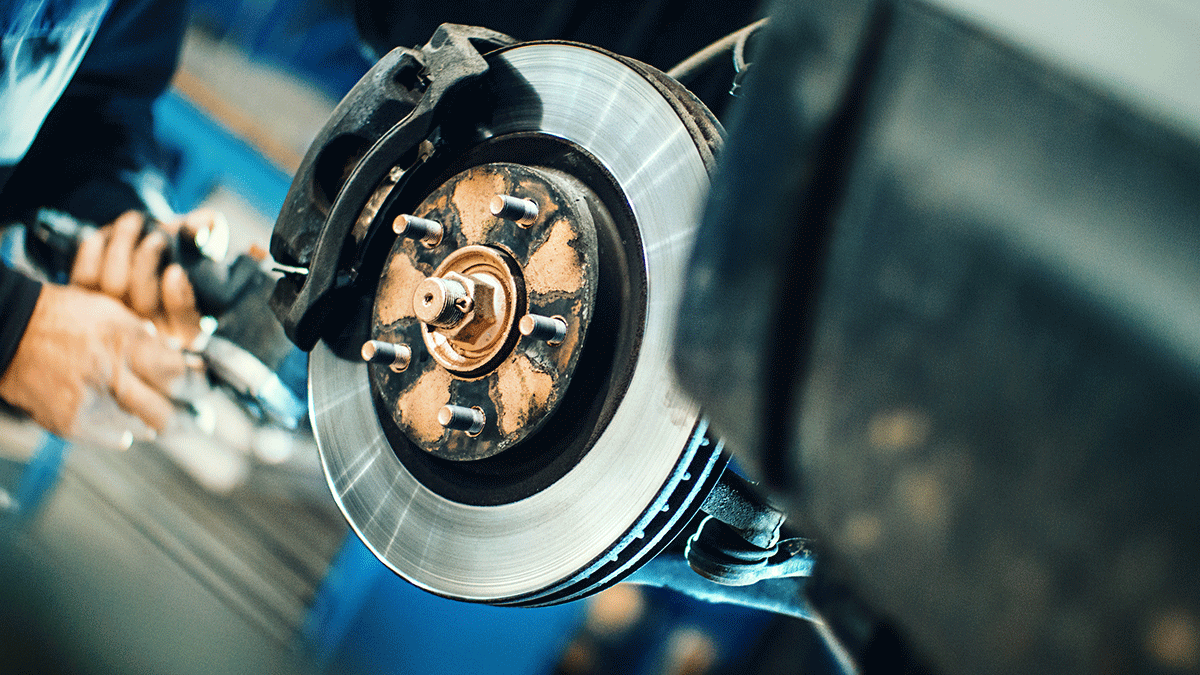

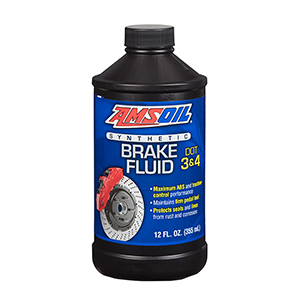

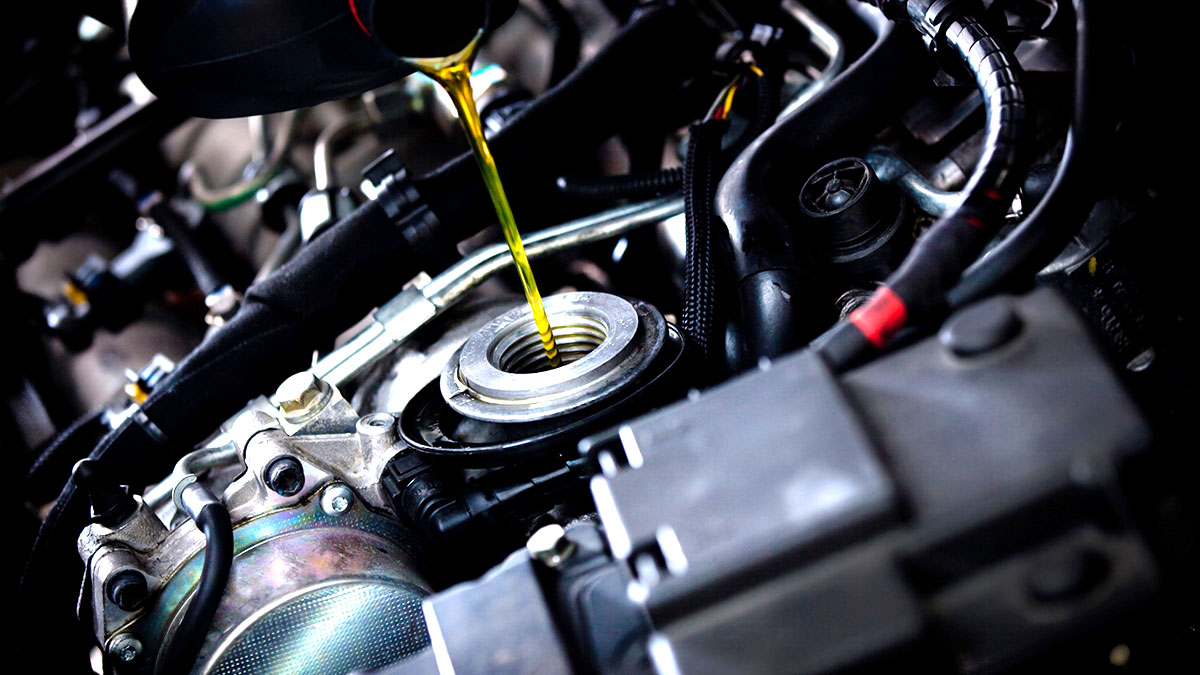
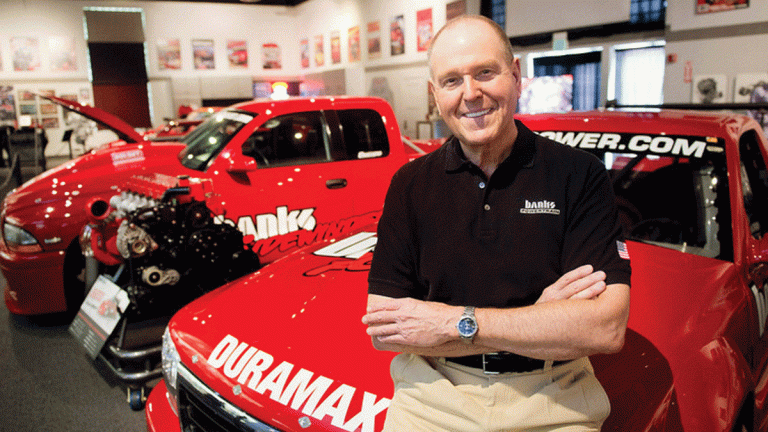
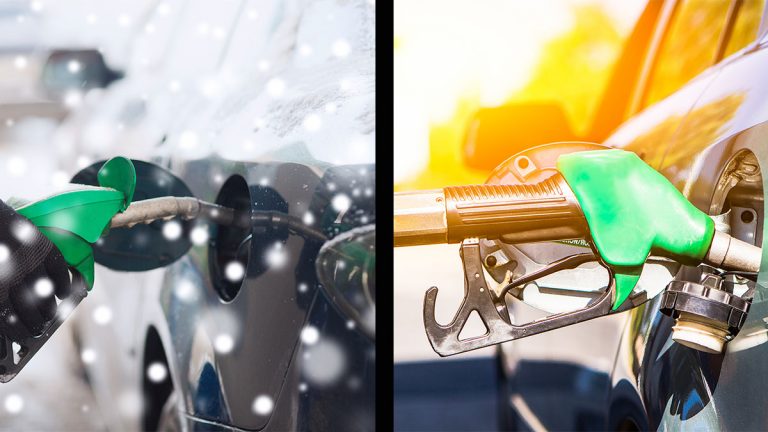

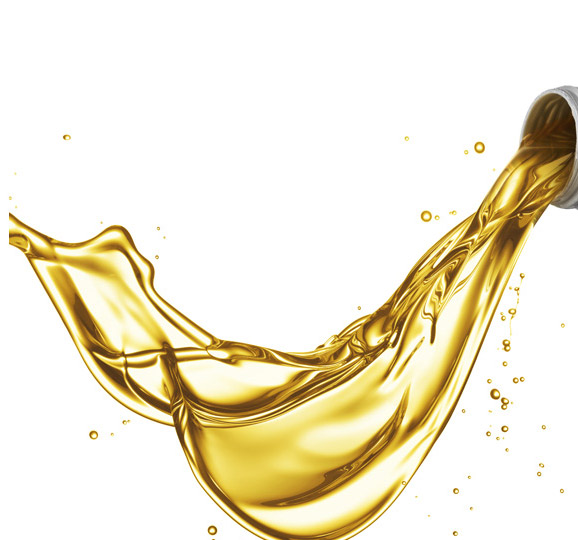
When changing brake fluid is it necessary to change it from the zerks at the wheel or can it be changed by using a basting squeegee at the master cylinder.
Hi Robert,
Using a suction pump at the master cylinder won’t remove the fluid from the brake lines. You need to bleed the entire system using the bleeder valves at each wheel.
Thanks,
John
Well I guess I never really get to the bottom of a brake job unless I crack the bleeders and drain of a few oz’s of fluid…I rotate the tires when I change the oil (6 months) and while the wheels are off I clean both the rotors and pads and the rear drums ( if equipped ) It takes a few hours but I know just about everything drop of fluid gets drained out in two years (4 times) and don’t forget the slider pins….another overlooked service….
Is it necessary to bleed the Brakes when changing the front Disk Pads only? If yes; What is the best way to loosen the Break Bleeding Screw without damaging it?
Thanks,
Hi Dukey,
Do you have to bleed the brakes when changing the front pads? No. But should you? Yes. While you have the wheels off and the opportunity, why wouldn’t you?
Based on my experience, I recommend liberally applying penetrating oil to the bleeder screws well before you plan to bleed the brakes, say a week before. Then repeat the process a couple more times throughout the week. The point is, you want to let the lubricant soak into the threads for plenty of time. When you attempt to loosen the valve, don’t force it! If it won’t budge despite your best efforts, take it to a professional. The last thing you want to do is break the valve.
Good luck,
John
I would like an answer to this Question as well>
Thanks for helping me understand that the brake fluid’s life is based on the temperature of its use. I just need to know about this since there must be a problem with my brakes. I noticed it when I was not able to stop immediately when I saw an animal crossing the road yesterday.
Thanks for helping me understand that brake fluid absorbs moisture that is why it is a must to use new ones. I guess that is the reason why there has been a problem with our brakes. It’s because I tried to refill the fluid using a brake fluid that has been stocked in our garage for a long time. If I remember right, it has been there since I had this car back in 2017.
This is something that puzzles me. How does water get into brake fluid within a sealed system? It’s saying above that even an unopened bottle has a life of only two years.
I have a BMW i3 battery powered car. I hardly need to use the brakes since it slows itself down through the motor whenever you come off the accelerator pedal. I’ve done only 12,000 miles in 2 years yet BMW still require the fluid to be changed.
The brake pads are now changed as indicated by the wear indicators rather than after so many miles, so I suspect I will never have to do this within my ownership. Is it now possible to test the brake fluid in the car (or even at a service station) to determine whether the amount of water absorbed is acceptable?
Hi Andrew,
Brake fluid can absorb moisture through microscopic pores in rubber lines and seals. It can also absorb moisture from the air when the reservoir cap is opened. That’s why the auto manufacturer recommends changing it, usually every couple years. You can buy an inexpensive tester to measure moisture level, but we recommend you follow what the manufacturer recommends.
Thanks,
John